In middle school, most of us learn about our bodies and the amazing changes that await them but of course, not all sex education programs are made equal. In fact, most of them are less-than-effective.According to the American Journal of Public Health, one major problem with the way we learn about sex is that pleasure is too often left out of the equation - especially with regards to women. Surely, none of us ladies are surprised but we’re disappointed nonetheless. 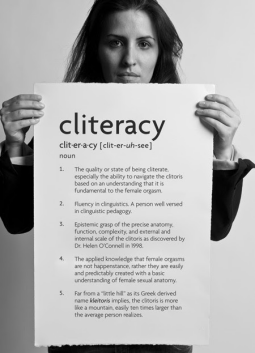
We trust our education to equip us with the information we need to navigate real-life situations - in this case, the ability to maintain a happy, healthy sex life but most of the time, society fails to deliver. Literacy is a common concern among educators but unfortunately, to the detriment of our sex lives, cliteracy isn’t even on their radars.
What is Cliteracy?
Cliteracy refers to an understanding of the clitoris which sounds simple but due to years of misrepresentation and erasure, the matter has been complicated.
Conceptual artist Sophia Wallace coined the term cliteracy in response to the world’s massive lack of understanding regarding the female sexual organ - not the vagina but the clitoris. I’m sure many of you ladies are familiar with this brutal lack of cliteracy among your partners. Perhaps you’ve laid down disappointed as a partner tried to locate your sad, neglected clit as it stared them right in the face. Tragic.
“In hetero-normative videos, you may have watched the male star touch every part of his partner’s body - apart from the part that would give her the most pleasure. You might have wanted to scream “You were so close!” at your screen.”
According to studies, on average, heterosexual women can reach orgasm about 65% of the time compared to 95% of the time for heterosexual men. Many experts say that women have trouble finding their orgasm because of sexual dysfunction but proponents of cliteracy beg to differ. Though medical issues can be to blame, there’s a huge problem with the way we have sex and the extent to which the clitoris is overlooked during the typical sex act (which more often than not emphasizes penetration).
How to improve your Cliteracy?
No matter how long you may have ignored your pleasure for the sake of someone else’s or lacked a fundamental understanding of how to give yourself pleasure, you can start your journey to advanced cliteracy by understanding a few fundamental truths about this incredible organ.

For external pleasure, use manual, oral, or battery-powered stimulation to tease your glans clitoris, experimenting with a variety of pressures and movements. Gentle circular motions, pulsating rhythms, and sucking motions are just a few popular techniques to try. To stimulate the internal bulbs of the clitoris, use pressure on the vaginal lips. Or, use slow, intentional penetration to explore the sensation of the clitoral crura being stimulated.
The clitoris seems to be about the size of a pea but it can actually be as long as five inches internally. Two crura, made of erectile tissue extend laterally about 5-9 cm from the visible part of the clitoris, the glans clitoris. On either side of your vaginal opening lives the clitoris bulbs, also made of erectile tissue. These lesser-known components of the clitoris open up a world of possibilities for sexual pleasure!
2.The Clitoris Shares Similarities With the Penis
When we compare the anatomy of the clitoris with that of the male penis, the similarities are plain to see. Interestingly, not only are these similarities evident visually, but they also share common tissue types. For example, the same erectile tissue that is found in the penis is also present in the clitoris. This explains a phenomenon called the clitoral erection that occurs when you see a hot person or for some of us when we order chicken nuggets. During a clitoral erection, the clitoris' increased blood flow causes it to become engorged and for the clitoral hood to pull back much like the way a penis would grow and harden due to increased blood flow.
The penis and the clitoris are simply positioned differently and have different orientations (the penis being external and the clitoris being internal for the most part).

Yes, Bestie. That’s a whole lot of information to take in; however, with enough learning, independent experimenting, and open communication with others, you’ll be able to call yourself fully cliterate. This is an excellent first step to take if you feel the need to invigorate your sex life (solo or partnered). By learning about your own body, you’re undoing a lot of negative conditioning that you may have internalized about your right to enjoy sex. Additionally, by spreading the word about the power of the clitoris, you’re doing your part to increase cliteracy, one person, at a time.
Start the experimentation phase of your cliteracy journey with the Cuddly Bird, a versatile, powerful, yet beginner-friendly toy bound to give you a thorough lesson in clitoral pleasure. Have fun!





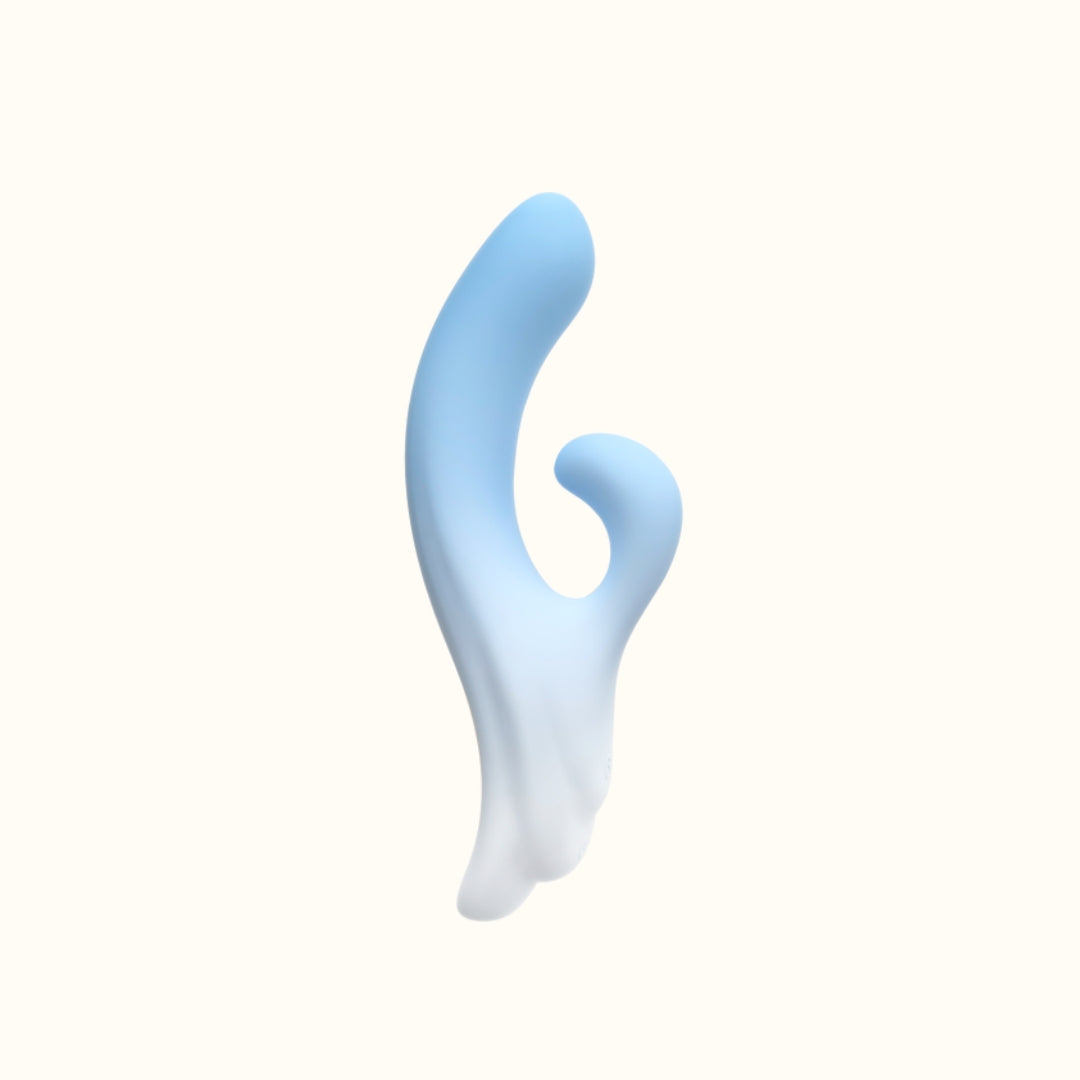
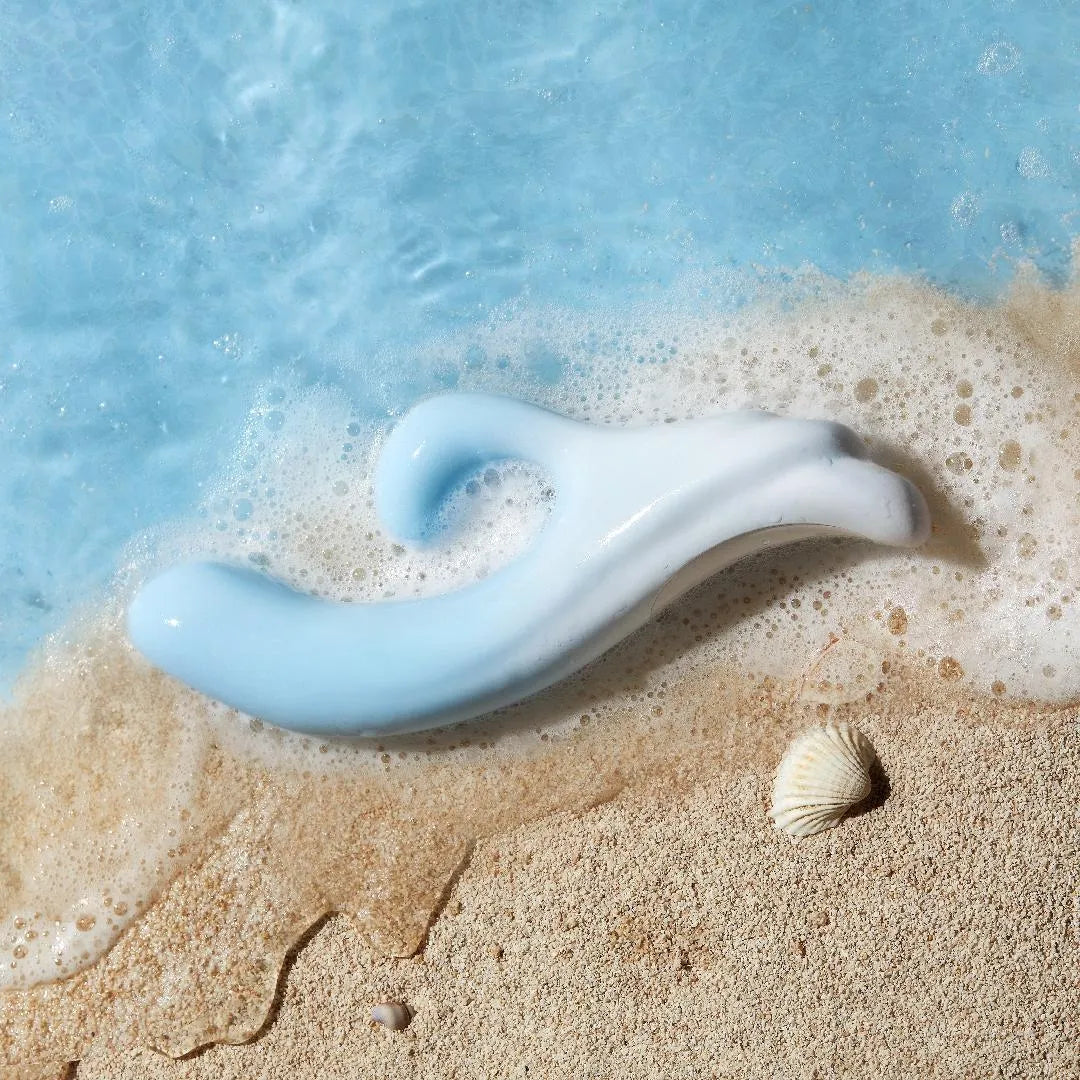




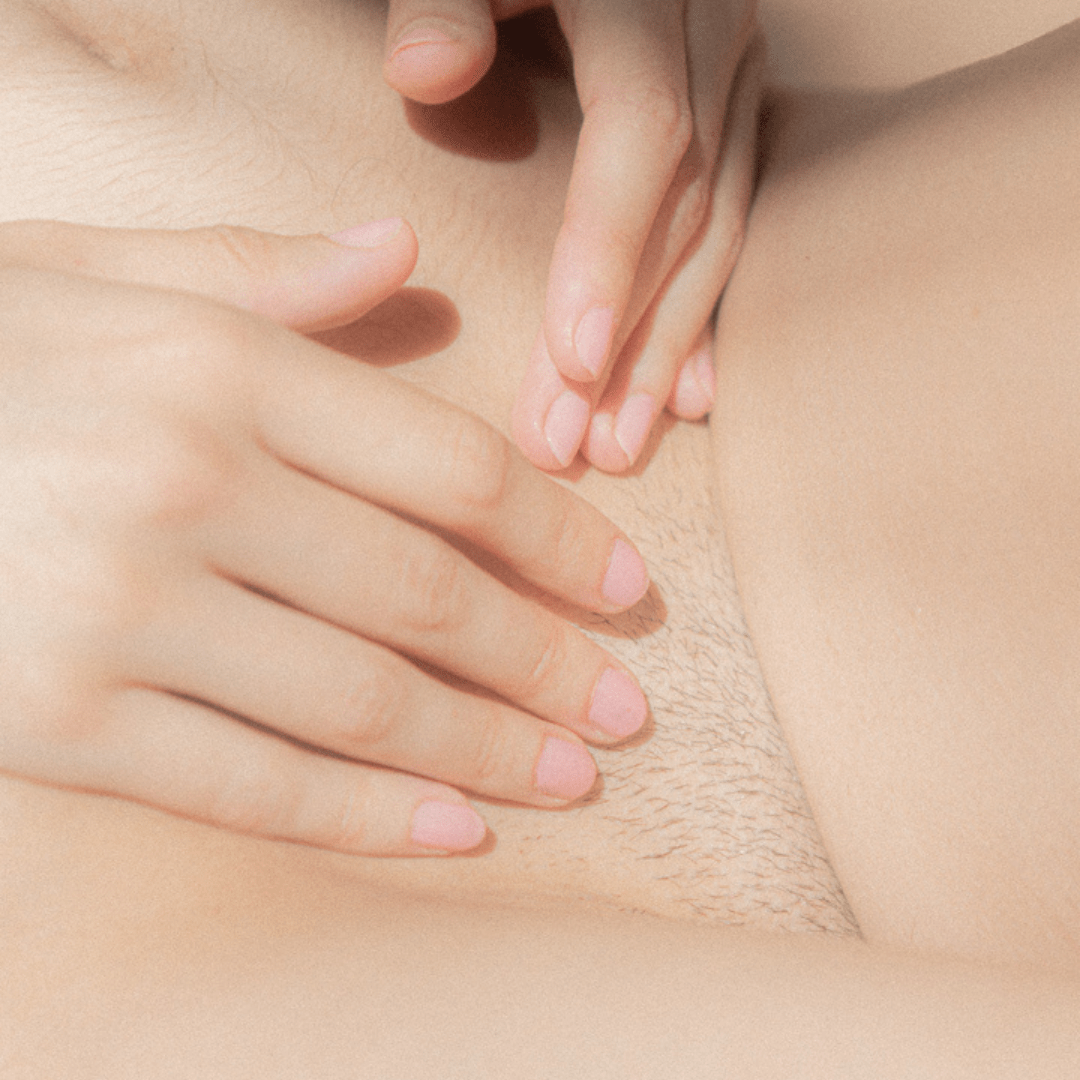


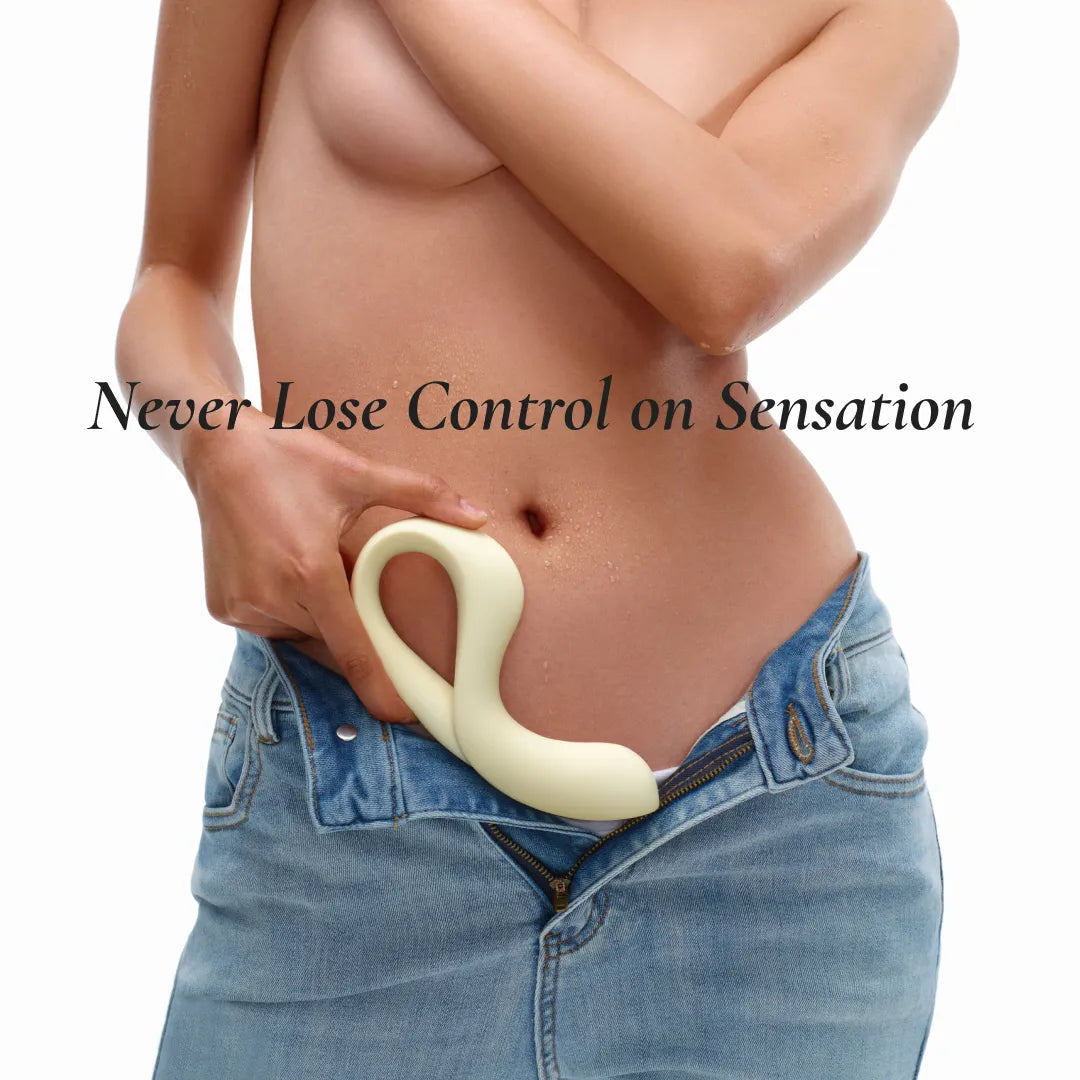






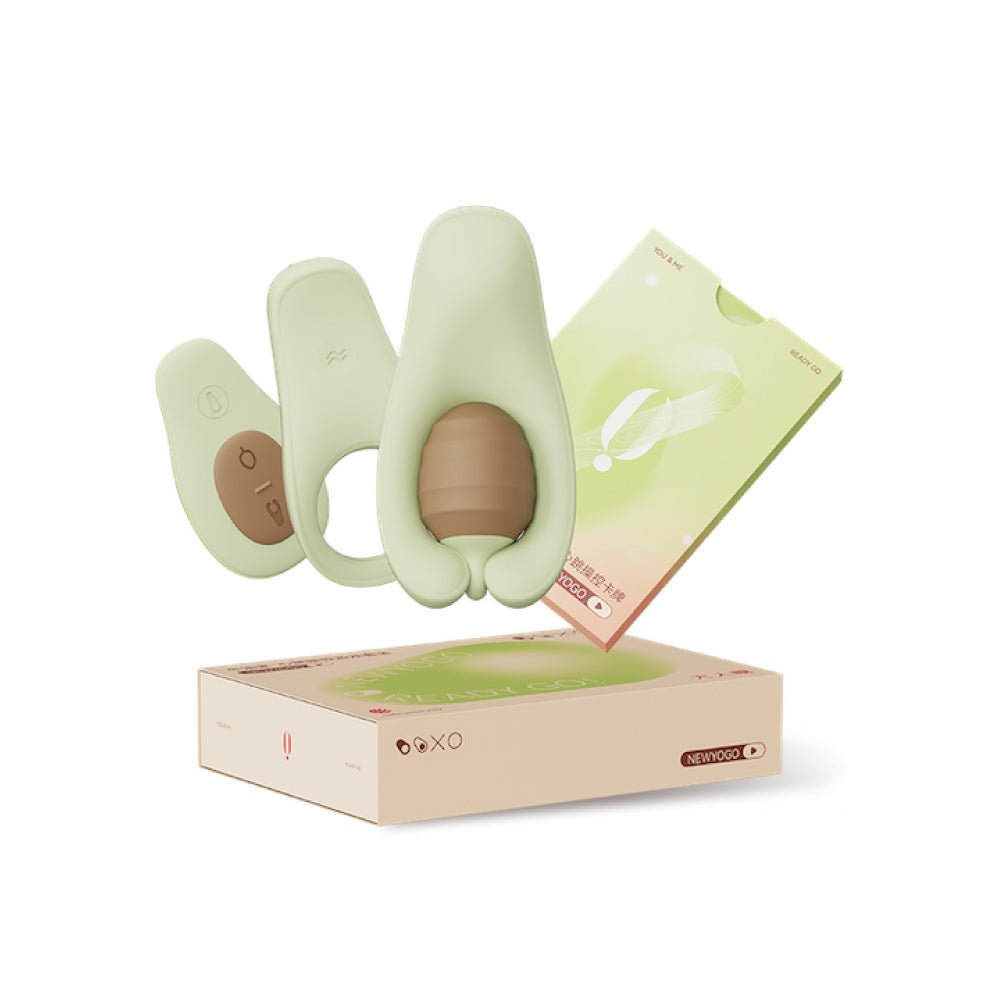

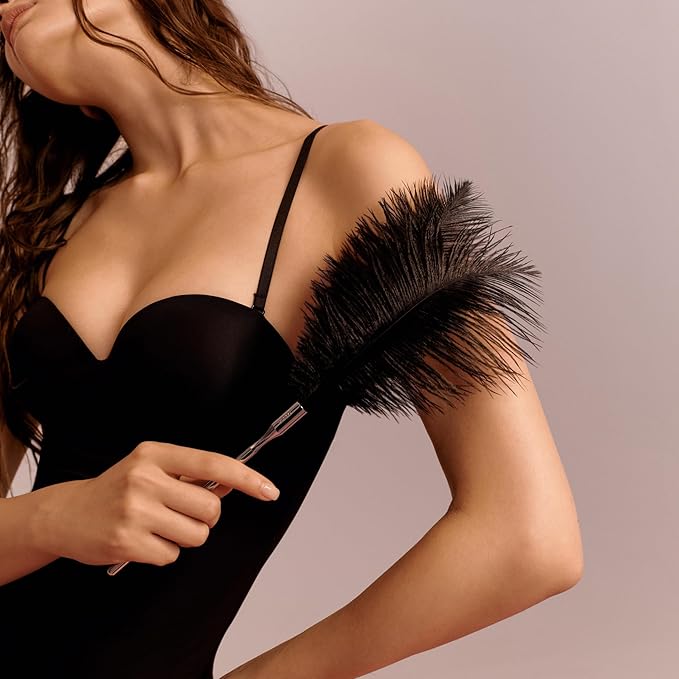




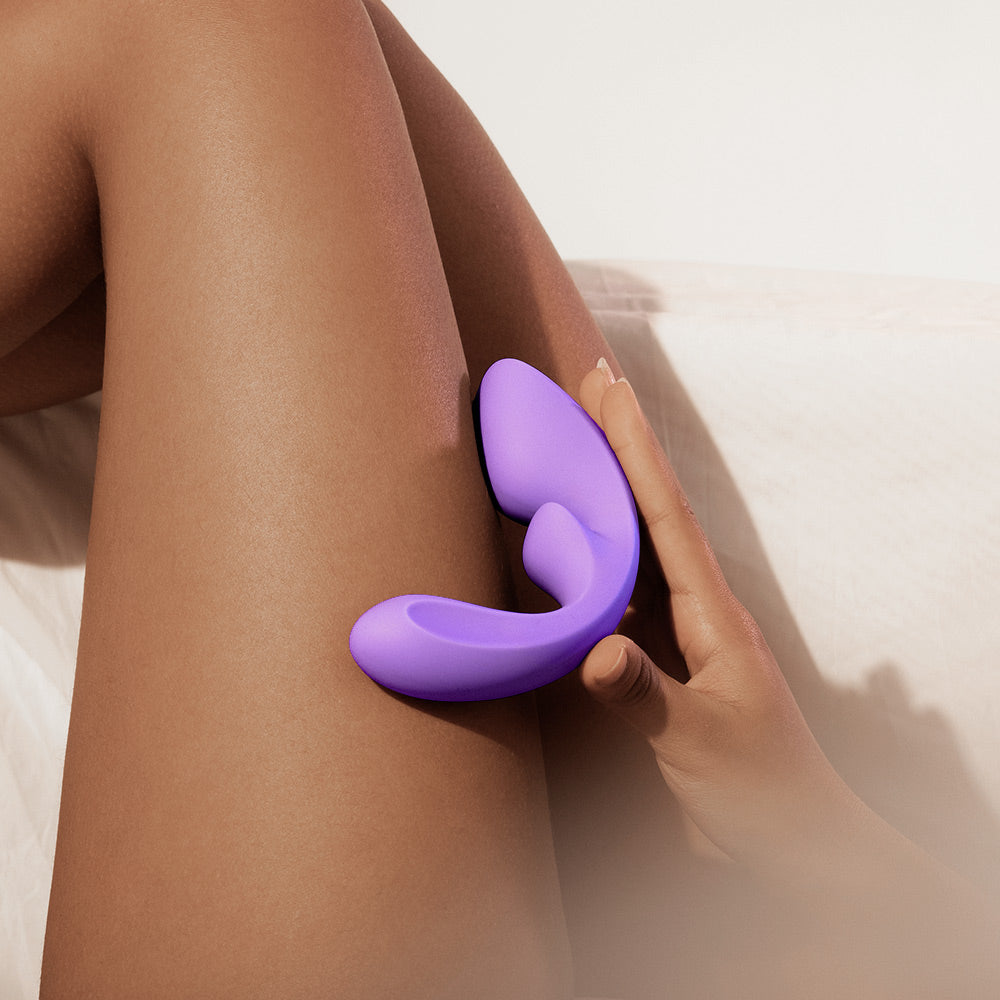
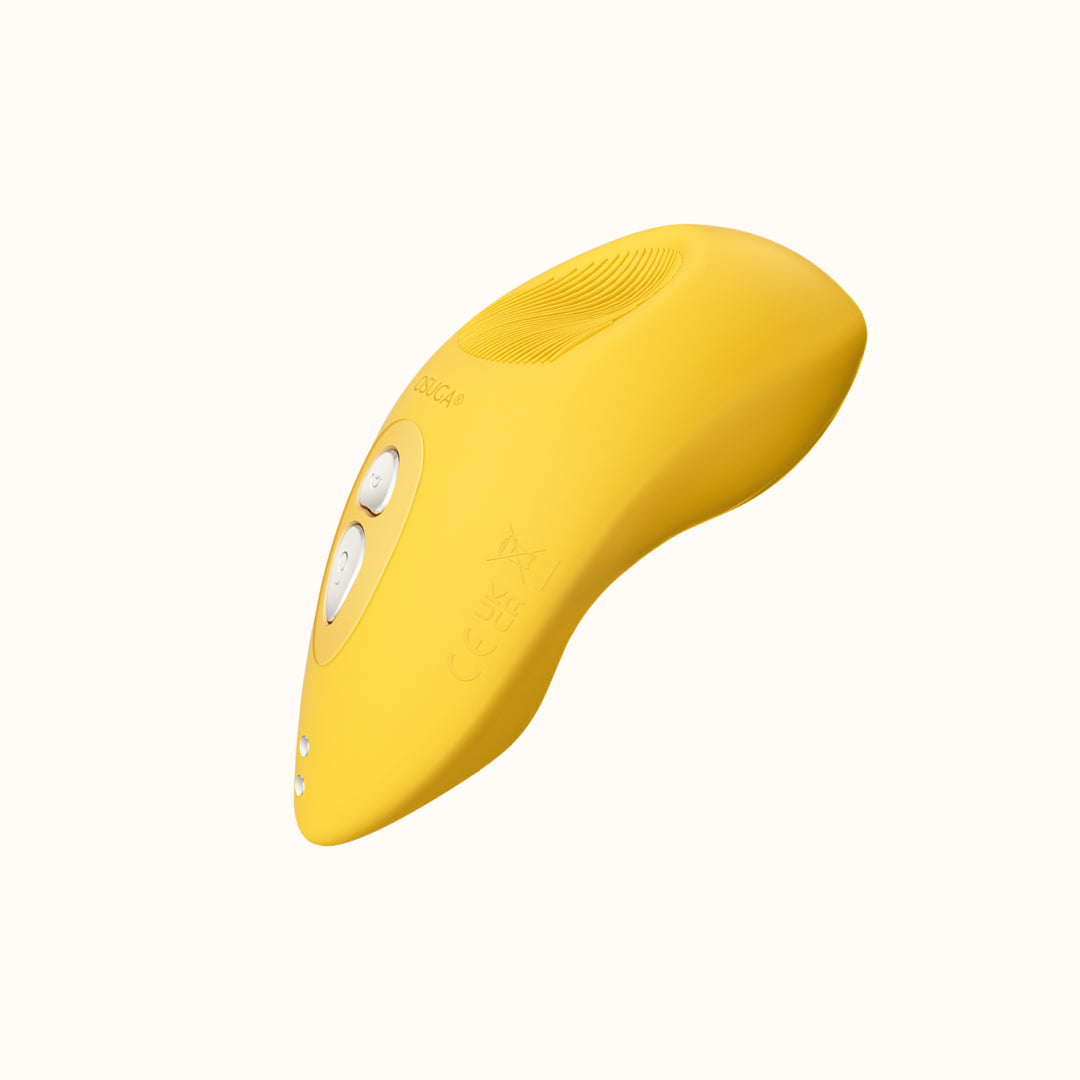
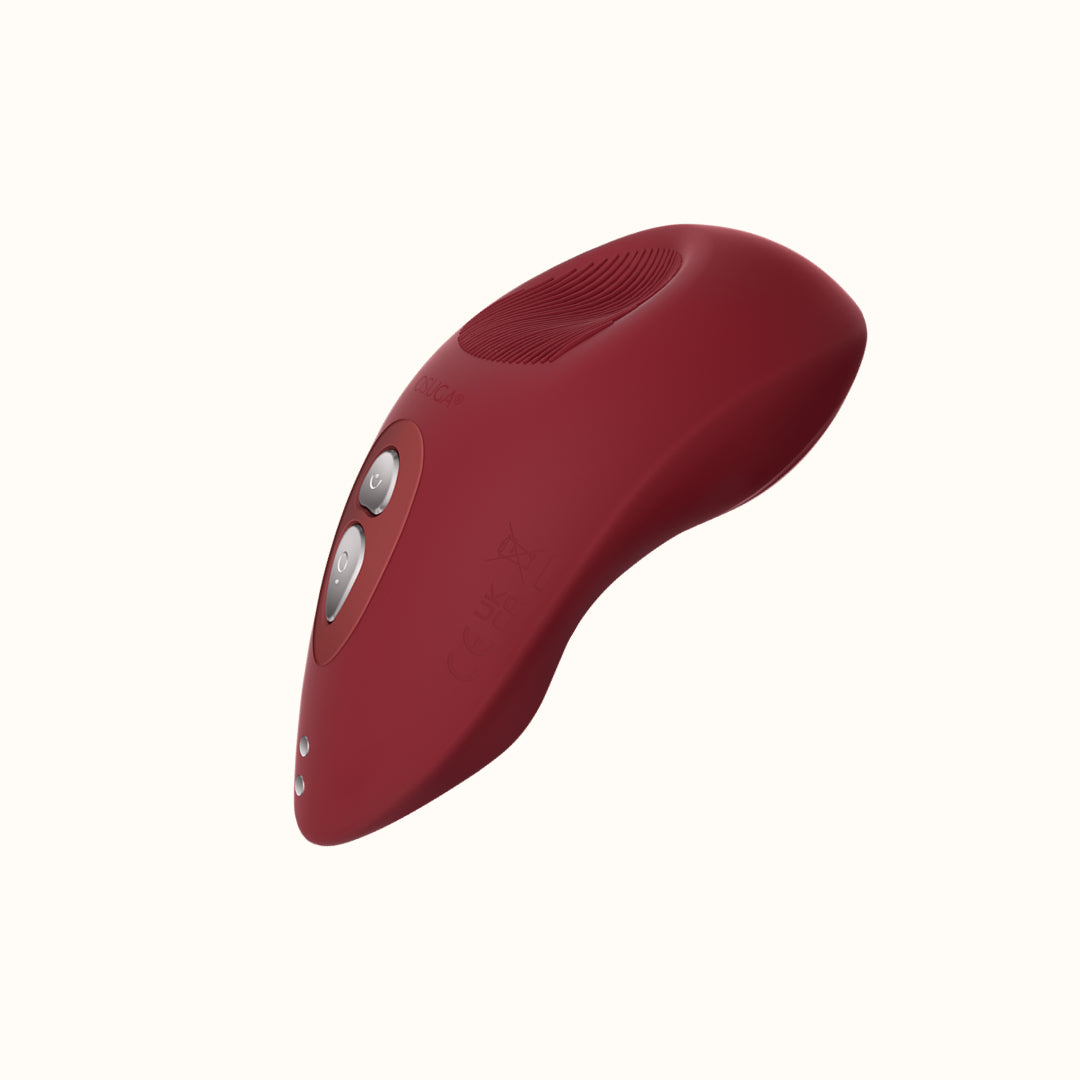
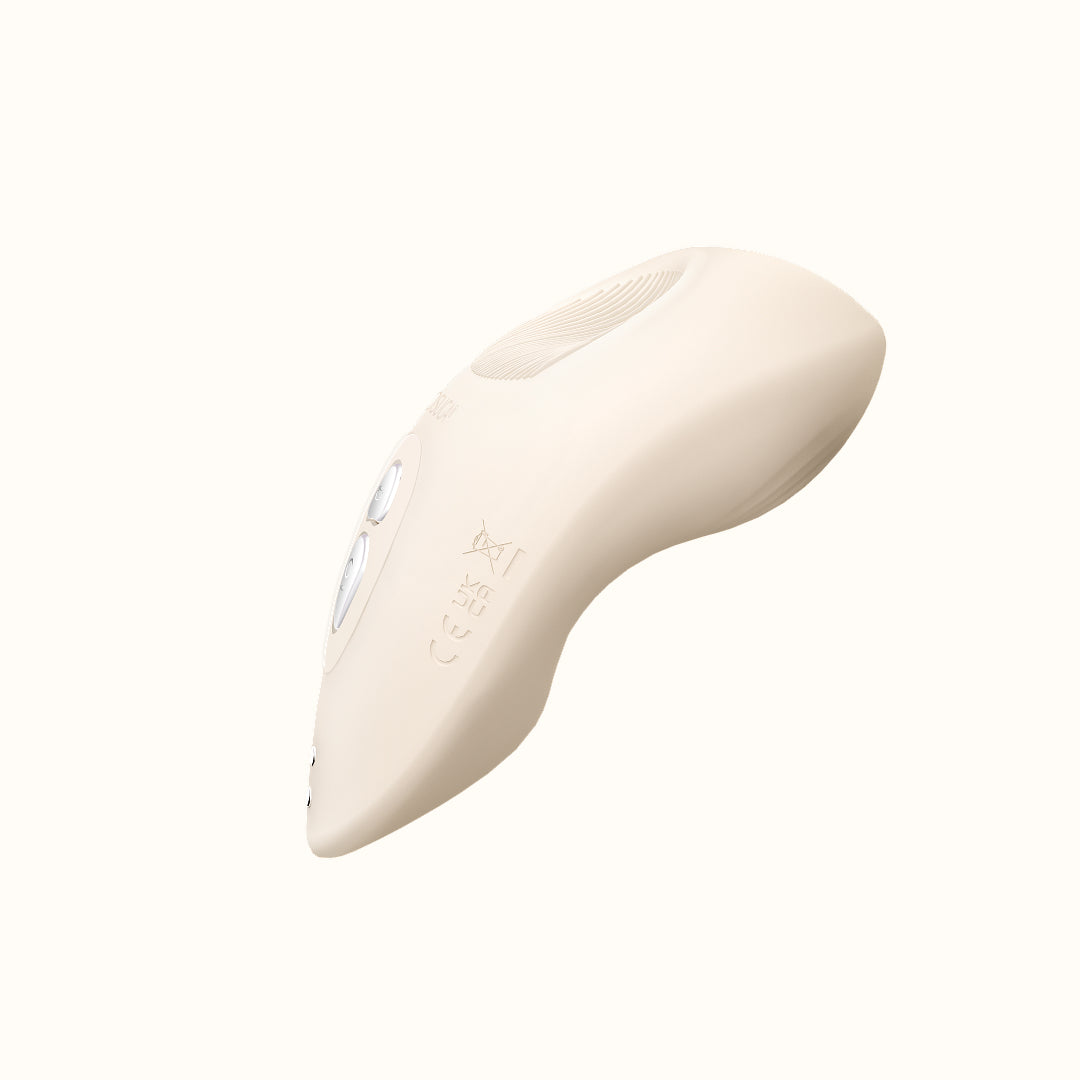
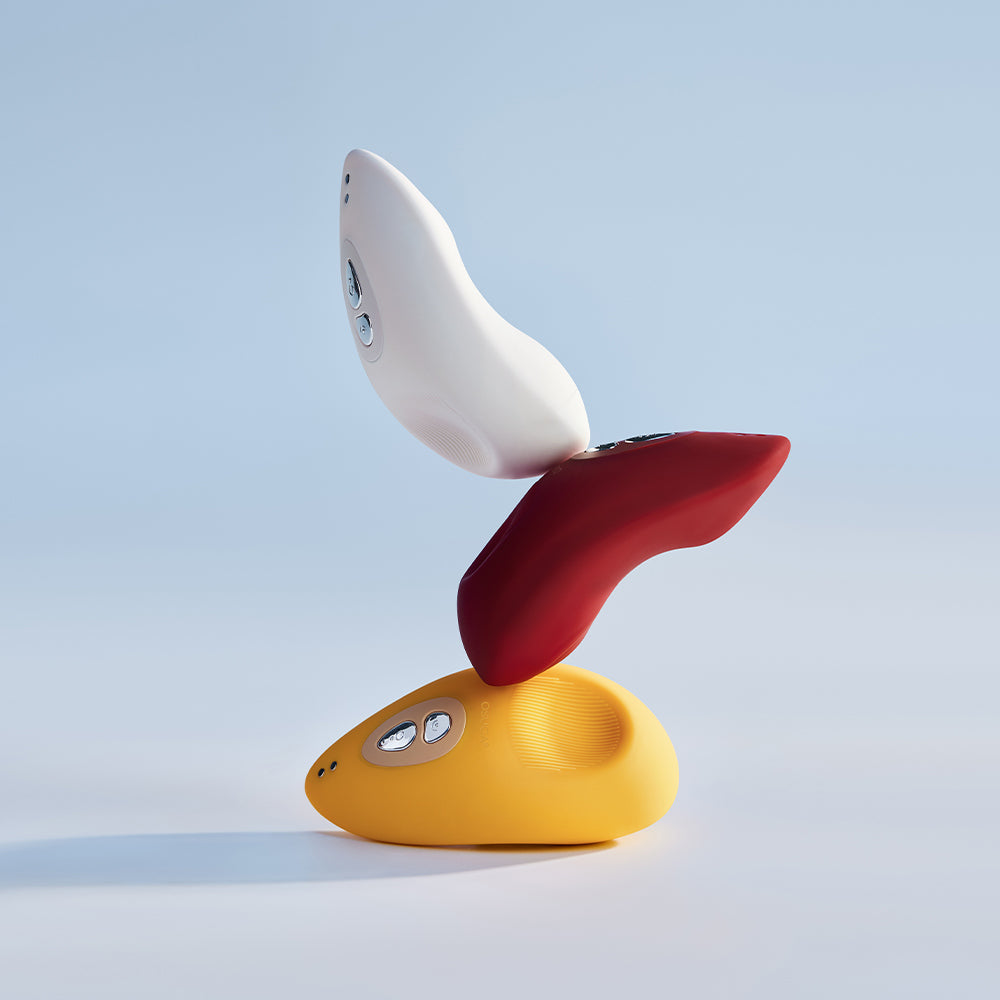
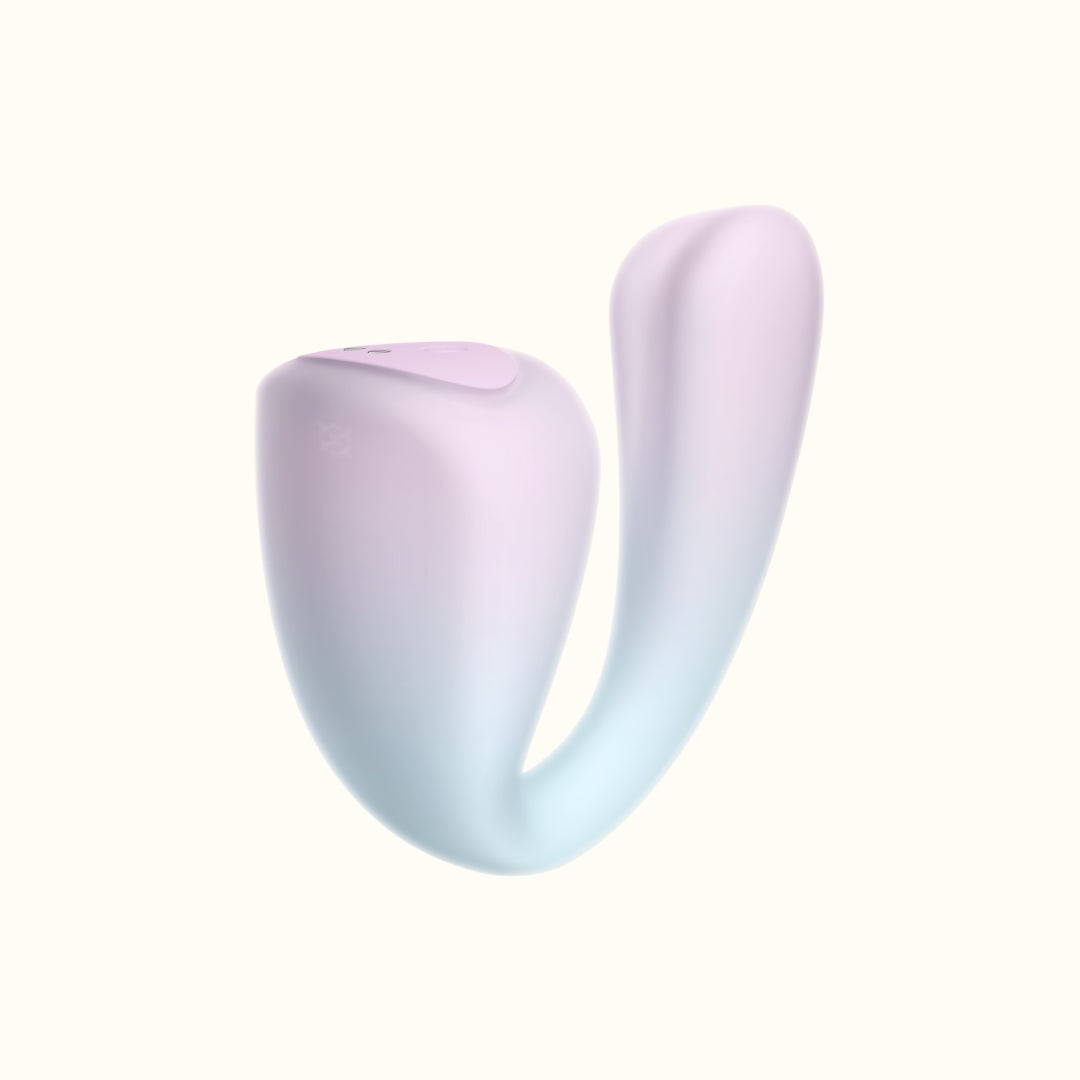
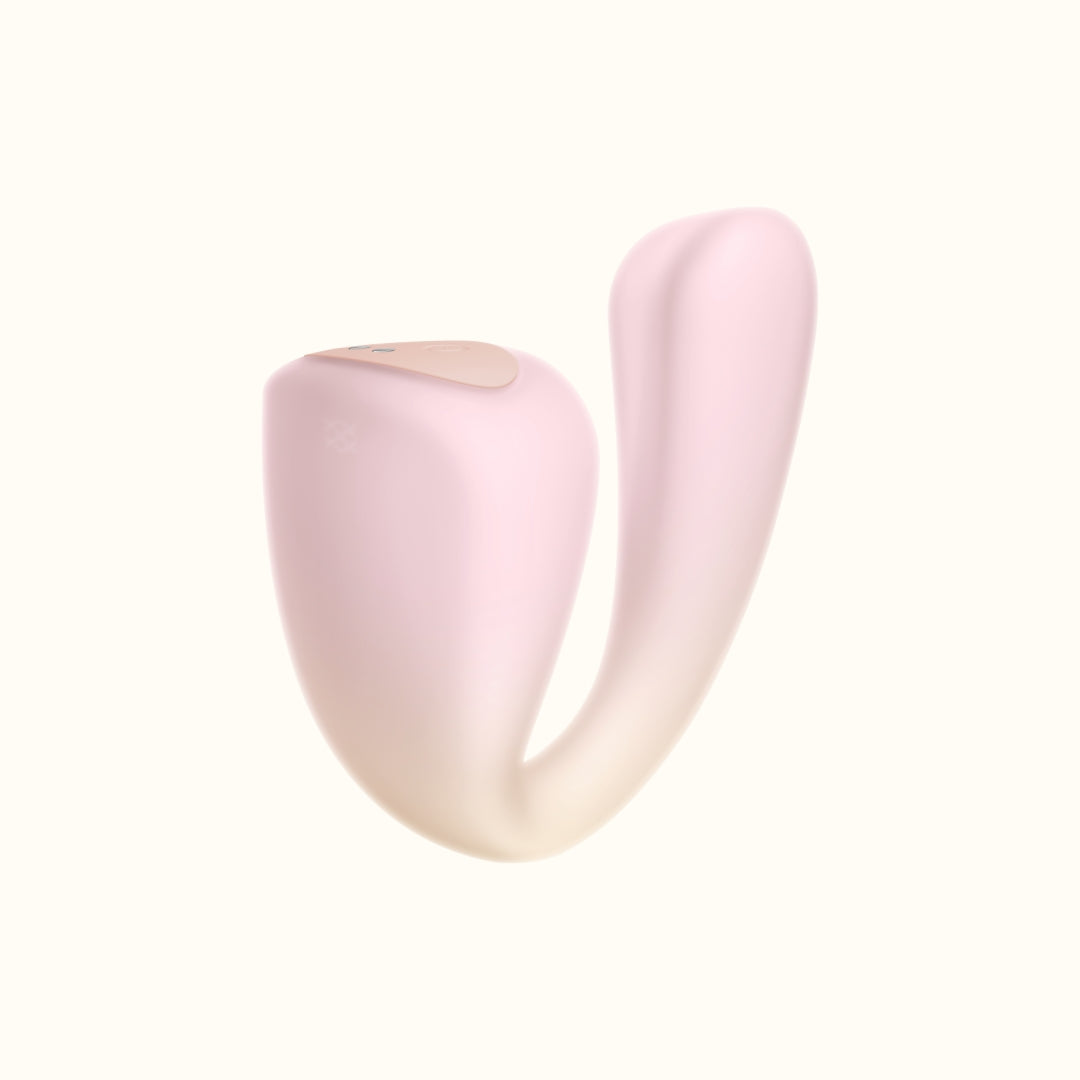
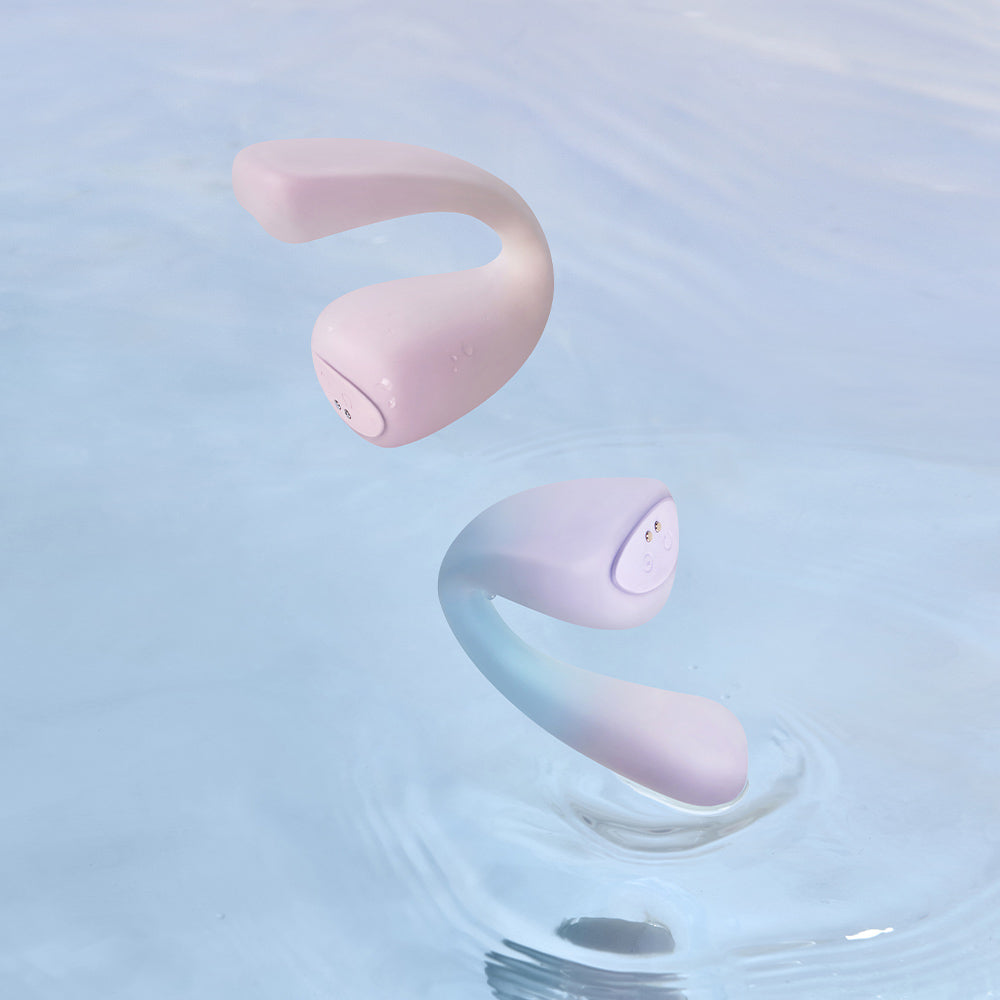








Leave a comment